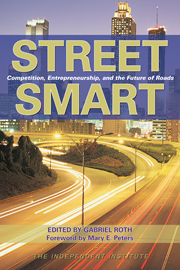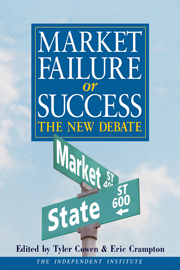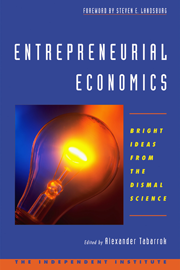The Supreme Court heard oral arguments last month in the momentous case of Murthy v. Missouri. At issue is the constitutionality of what government authorities did to censor speech that departed from preferred narratives.
Justice Ketanji Brown Jackson posed a hypothetical to Louisiana Solicitor General J. Benjamin Aguiñaga: “Suppose someone started posting about a new teen challenge that involved teens jumping out of windows at increasing elevations. . . . Kids all over the country start doing this. There is an epidemic. Children are seriously injuring or even killing themselves in situations. Is it your view that government authorities could not declare those circumstances a public emergency and encourage social media platforms to take down the information that is instigating this problem?”
Mr. Aguiñaga might have countered with a question of his own: What “information”? Whether government authorities would be justified in seeking to suppress such videos is an important question. But it isn’t a question about information, misinformation or disinformation.
What would be the correct information? If we rendered the video as a statement, it would be something like: It is valiant or cool to jump out of third-floor windows. That statement is foolish, wrongheaded, false. But “misinformation”? That is a category error.
What’s “cool” is no more a factual question than whether “Citizen Kane” or “Rear Window” is the better movie. What’s cool to confused kids is a matter of interpretation and judgment, which are far beyond mere information.
In Murthy, however, the government defends its actions in terms of combatting misinformation and disinformation. The administration and other practitioners and proponents of censorship thereby pretend that they are merely protecting the public from cut-and-dried falsehoods. In doing so, they misrepresent their actions and attempt to evade responsibility for arrogating to themselves the decision of what is safe and sound for people to see and hear.
In turn, they portray free-speech advocates as supporting falsehoods, even lies. The “misinformation” stratagem kneecaps them by trapping their objections in the limited dimension of information, forcing them to epistemologize to fight off censorship. Here we are, on the opinion page, talking about how information differs from interpretation and judgment.
The approach is attractive to censors because it flatters their vanity, frees them from accountability, and rigs the game against their opponents. Hubris built the Tower of Babel, and the result was semantic chaos. Today we see hubris and semantic chaos in censorship operations that claim to be combatting “misinformation.”
Knowledge can’t be flattened down to information. Once we appreciate the richness of knowledge, we see that anti-“misinformation” projects are miscarriages of civility, decency and the rule of law. We must rediscover the norms of openness, tolerance and free speech. Science, democracy, justice and everything else the censors purport to value depend on public confidence, and confidence depends on those liberal norms.












